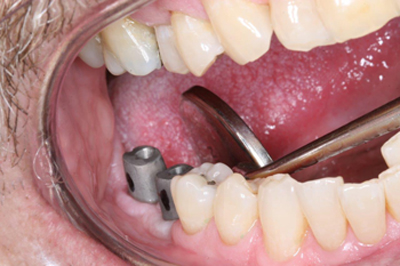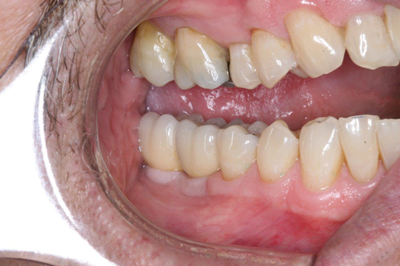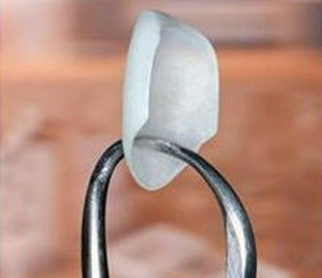If you’re thinking about getting dental implants to replace missing teeth, they are the most natural-looking and effective solution. People who smoke can still be candidates for dental implants, but you should know the risks involved.
1. Nicotine Narrows Blood Vessels
Nicotine causes blood vessels to narrow and limit the blood flow to organs and tissue. Sufficient blood flow is needed for proper healing around dental implants. If you smoke, the healing process can be delayed.
2. Osseointegration Is Better If You Don’t Smoke
After dental implants are placed, time is allowed for the implants and your jawbone to fuse together. The fusion, called osseointegration, makes the implants very stable—similar to natural tooth roots. Smoking interferes with osseointegration. A 2017 study published in the Journal of International Oral Health provided the following information about dental implant failure and smoking:
- Failure is more common among smokers than non-smokers
- Increased smoking frequency also increases the risks of dental implant failure
- Risk of failure increases with the duration of smoking (> 10 years)
3. Nicotine Promotes Gum Disease
Nicotine binds to tooth roots and affects the health of roots, ligaments, and gum tissue. Compromised tooth roots and ligaments can decrease the stability of teeth and loosen them. Gum disease causes the tissue to pull away from teeth and create pockets where bacteria can leak in. If you develop bacteria in your gums around dental implants, healing will be difficult.
4. Smoking Suppresses Your Immune System
The placement of dental implants requires small incisions in your gum. These surgical sites need to heal properly. Your body naturally fights infection, but if you smoke, your immune system is suppressed. It will be more difficult for your body to fight infection if any bacteria get around your dental implants.
5. E-Cigs and Vaping Can Damage Gum Tissue
e-cigarettes and vaping release a high concentration of very hot aerosols and smoke in your mouth. This exposes your gum tissue to burning, dryness, and chemicals that can inhibit the healing process.
What Are Your Options?
- Receive dental implants anyway – Many dentists and oral surgeons will still provide surgery if you smoke. They simply inform their patients of the risks. Others will recommend that you stop smoking a few weeks before implant placement.
- Stop smoking – You can choose to stop smoking several weeks before and after implant placement. Some patients have asked their primary care doctor for help to stop smoking.
- Temporary alternatives – If you need time to stop smoking, a partial denture or some other form of temporary tooth replacement might be available.
- Permanent alternatives – Dentures, a dental bridge, or a partial denture are alternate forms of tooth replacement. Although they don’t last as long, a skilled cosmetic dentist can provide natural-looking results.
If you’re interested in dental implants, schedule at least two consultations with different dentists who have advanced training and experience in placing implants. In complex cases, many dentists partner with an oral surgeon for implant placement, and the dentist provides the implant crowns.
This post is sponsored by Lowell, MA implant dentist and accredited cosmetic dentist Michael Szarek, DMD.
The before-and-after photos below show how Dr. Szarek places dental implants and restores them with dental crowns for natural-looking results.
DENTAL IMPLANTS WERE PLACED IMPLANTS WERE RESTORED WITH CROWNS



